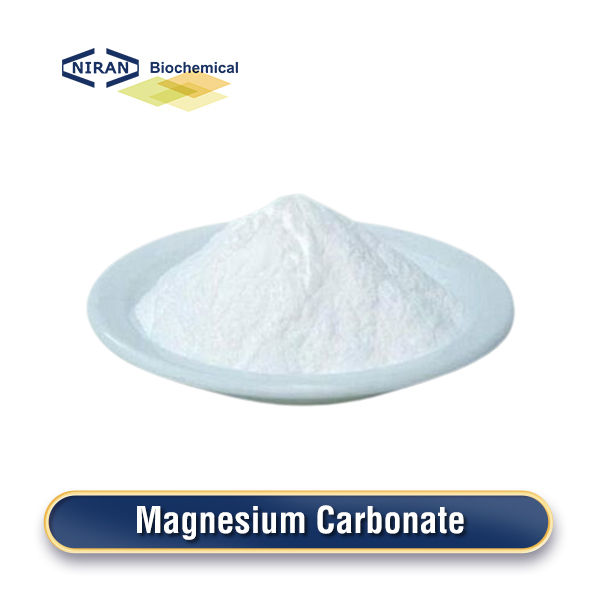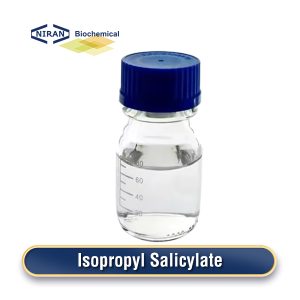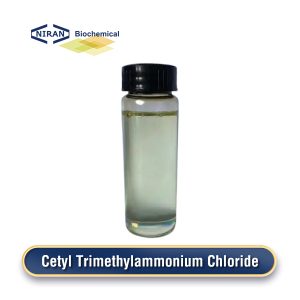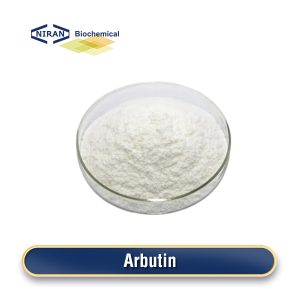Magnesium Carbonate
- CAS Number: 546-93-0
- Chemical Formula: MgCO3
- MOQ: 1000KG
- Shelf Life: 2 years
- Synonyms: Magnesite, Magnesium Salt, Magnesium Carbonate (Anhydrous), Magnesium Carbonate (Hydrated)
Product Description
What Is Magnesium Carbonate?
Magnesium Carbonate (MgCO₃) is a white, inorganic compound commonly used in a variety of applications, including as an antacid, food additive, and in industrial processes. It exists in several forms, such as anhydrous and hydrated magnesium carbonate, with the hydrated form containing water molecules in its structure.
Preparation Method:
Magnesium Carbonate can be synthesized by reacting magnesium hydroxide (Mg(OH)₂) with carbon dioxide (CO₂) in water. The process is as follows:
Magnesium hydroxide is mixed with water.
Carbon dioxide is bubbled through the solution, leading to the precipitation of magnesium carbonate
To get the desired product, the resultant magnesium carbonate is filtered, cleaned, and dried.
This process can also involve using magnesium salts, such as magnesium sulfate, which is reacted with sodium carbonate (soda ash) to precipitate magnesium carbonate.
Related Parameters:
| Items | GB 25587-2010 | FCC VII |
| Content (MgO), w/% | 40.0 – 44.0 | 40.0 – 43.5 |
| Acid-insoluble substances, w/% ≤ | 0.05 | 0.05 |
| Heavy metals (As, Pb), w/% ≤ | 0.001 | – |
| CaO, w/% ≤ | 0.6 | 0.6 |
| Soluble salts, w/% ≤ | 1 | 1 |
| Pb (Lead), mg/kg ≤ | – | 2 |
| Arsenic (As), mg/kg ≤ | 3 | – |
Recommended Dosage of Magnesium Carbonate:
| Applications | Dosage |
| Pharmaceuticals (Antacids) | 500 mg – 1.5 g/day |
| Food Additive (E504) | 0.1% – 0.5% |
| Cosmetics (Skin Care Products) | 1% – 3% |
| Industrial Applications (Filler) | 5 %- 30% |
| Agriculture (Soil Conditioner) | 150 – 200 kg/acre |
| Personal Care Products | 0.5% – 2% |
| Sports (Gymnastics and Rock Climbing) | 5 – 10 g per use |
| Fireproofing Material | 10% – 20% |
Magnesium Carbonate Has Wide Range of Uses:
Pharmaceuticals
Antacids frequently contain magnesium carbonate as an active component. It relieves indigestion and heartburn by neutralizing stomach acid. Its buffering properties make it effective in controlling acidity and providing soothing effects.
Food Additive (E504)
Magnesium carbonate is used as a food ingredient to prevent caking in food processing and powdered foods like powdered sugar. It ensures smooth flow and prevents clumping in products like salt, spices, and seasonings.
Cosmetics and Personal Care Products
In cosmetics, Magnesium Carbonate is employed for its absorbent qualities. It is commonly found in body powders, deodorants, and face powders to absorb moisture and help control shine. Additionally, it thickens and stabilizes lotions and creams.
Commercial ApplicationsMagnesium carbonate is used as a filler in the industrial sector to make rubber, plastics, paints, and ceramics. Its characteristics help to make these materials stronger and more resilient. It also has flame-retardant properties.
Agriculture Magnesium Carbonate is used in agriculture to correct soil pH. It is especially beneficial in magnesium-deficient soils, promoting healthy plant growth by improving the availability of magnesium to crops.
Sports (Gymnastics and Rock Climbing)
Magnesium Carbonate is widely used by athletes, especially gymnasts and rock climbers, to reduce hand sweating. It is used in small amounts as a drying agent to improve grip and performance during physical activities.
Fireproofing Materials
Magnesium Carbonate is also used in fireproofing applications. It is incorporated into fire-resistant coatings and materials due to its high heat resistance, enhancing the fireproofing properties of building materials and textiles.
User Asked Question:
Q: How does Magnesium Carbonate compare to Silica in food and cosmetic applications?
A: Both Magnesium Carbonate and Silica are used as anti-caking agents in food, pharmaceuticals, and cosmetics. However, while Silica is mainly used for its anti-caking properties, Magnesium Carbonate also helps adjust the pH levels of soil and provides magnesium, making it useful in agricultural and digestive applications. Silica focuses on preventing clumping, while Magnesium Carbonate offers additional benefits.




